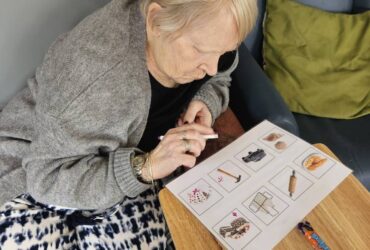Respite Home Care
Why is respite care important?
Caregiver well-being:
Caring can be demanding and stressful, leading to burnout and impacting the caregiver's health and quality of life. Respite care provides a crucial break, allowing caregivers to rest, recharge, and address their own needs.
Maintaining the caring role:
Having a break can help caregivers stay motivated and able to provide care for the long term.
Supporting the person being cared for:
Respite care ensures that the person's needs are met, even when the primary caregiver is taking a break.
Preventing burnout and mental health issues:
Respite care can help prevent the caregiver from feeling overwhelmed and reduce the risk of burnout and related mental health issues.
How does it work?
Respite care can take various forms, including:
- Short-term residential care:
A short stay in a care home for the person being cared for. - In-home respite care:
A trained professional provides care in the person's own home, offering companionship and support. - Day care:
The person attends a day care center for a few hours or a day, allowing the caregiver to take a break. - Sitting services:
A trained carer sits with the person for a few hours, providing companionship and support.
Supported holidays:
The person goes on a supported holiday with the help of a professional carer.Who can access respite care?
Many different types of carers can access respite care, including:
- Family members: Parents, spouses, and other relatives who provide care.
- Friends: Individuals who provide care for a friend or acquaintance.
- Informal carers: People who are not formally registered as carers but still provide care.
- Individuals with disabilities: People with disabilities or long-term health conditions who require assistance.
- Older people: Individuals who may need help with activities of daily living.
Please enquire for further details and packages available








